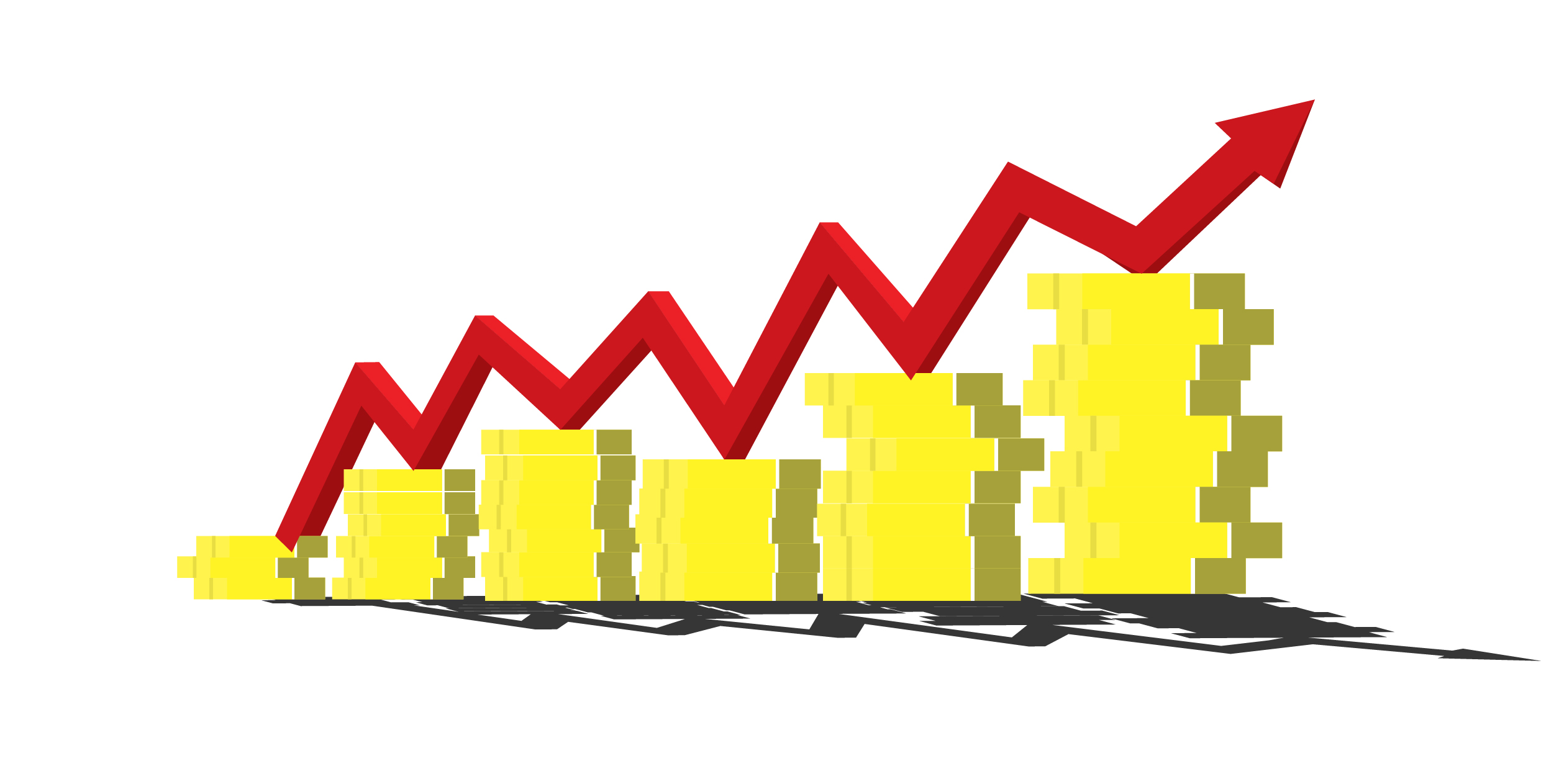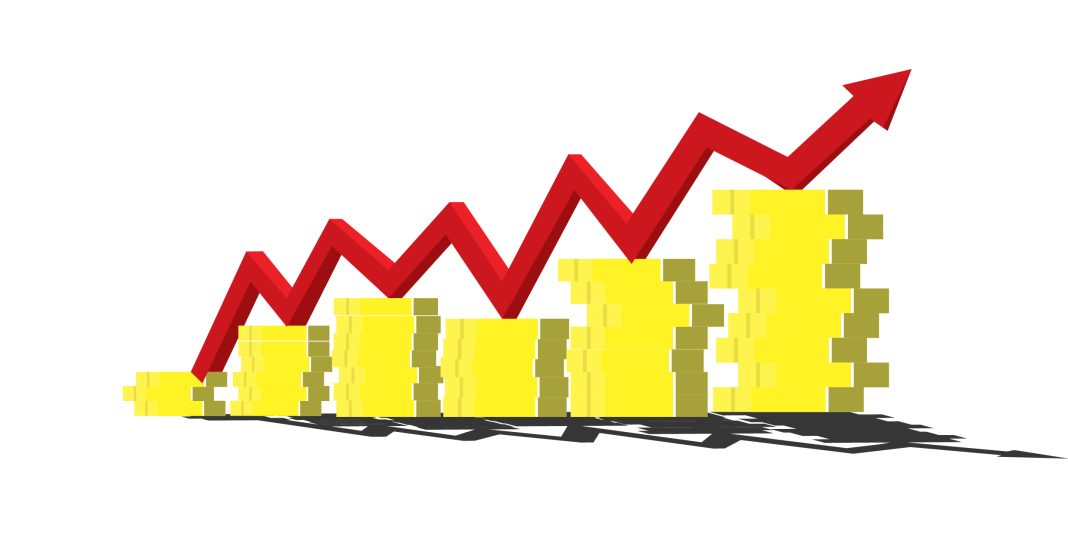 China’s Slow Economic Growth Raises Concerns at Communist Party Meeting
China’s Slow Economic Growth Raises Concerns at Communist Party Meeting
China’s economic growth in the second quarter of this year has raised concerns among global investment banks, prompting them to cut their growth forecasts. The country’s economy grew by 4.7 percent compared to the previous year, marking its slowest growth since 2023. This news comes as senior Communist Party officials gathered in Beijing for the Third Plenum, a four-day meeting to discuss economic policies.
JP Morgan and Societe Generale were among the major investment banks that lowered their growth forecasts following the release of the data. JP Morgan reduced its full-year outlook from 5.2 percent to 4.7 percent, citing fragile, unstable, and uneven economic activity. Societe Generale described China’s economy as suffering from severe imbalances, with depressed domestic demand and a highly deflationary policy mix.
Goldman Sachs also revised its full-year GDP growth forecast for China down to 4.9 percent from 5 percent. However, the investment bank raised its 2025 forecast slightly to 4.3 percent. It highlighted significant divergences within China’s economy, particularly in the still-depressed property activity. Goldman Sachs economists believe that more policy easing is necessary, especially on the fiscal and housing fronts.
ANZ, an Australian bank, expressed doubts about China’s official growth target of 5 percent for 2024. They maintained their forecast of 4.9 percent growth for this year, suggesting that achieving the target is not a done deal.
The weak second-quarter GDP growth fell short of analysts’ expectations. It missed the consensus forecast of 5.1 percent growth and was below the AFP forecast of 5.3 percent. Quarter-on-quarter, gross domestic product (GDP) expanded by only 0.7 percent in April-June, falling short of the expected 1.1 percent increase.
One of the main concerns is weak domestic demand. Retail sales of consumer goods, a key indicator of household spending, saw a significant decline in June. The sales only rose by 2 percent year-on-year, compared to a 3.7 percent increase in May.
The Chinese government has attempted to stimulate the real estate market by implementing measures such as lowering downpayment ratios and reducing housing provident fund loan interest rates. However, these policies have not been effective in boosting the market. Investment in real estate development fell by 10.1 percent in the first half of the year, and new home prices dropped at the fastest rate in nine years in June.
David Huang, a U.S.-based economic commentator, believes that the overall situation is a downward spiral with no signs of improvement. He predicts that it will take some time to reach the bottom. These concerns over China’s economic growth raise questions about the effectiveness of the government’s policies and the potential impact on global markets.


